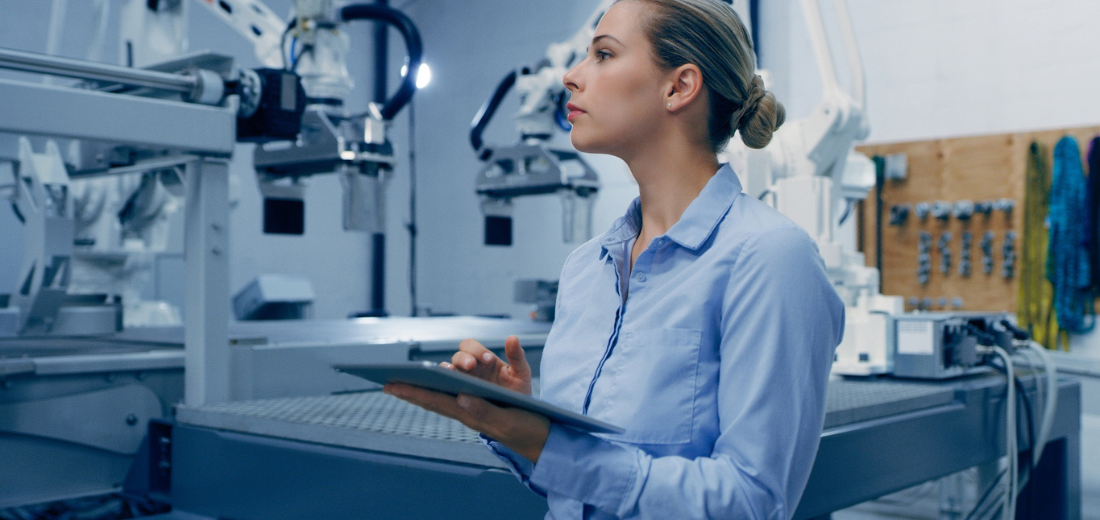Transforming Medical Device Manufacturing: A Journey in MES Implementation
In today’s rapidly evolving technological landscape, the need to adapt and innovate has become more critical than ever, especially in industries where precision, reliability, and efficiency are paramount. One such sector is medical device manufacturing, where the seamless integration of cutting-edge technology can mean the difference between life and death for patients worldwide.
The project centered on implementing an MES system for a medical device company grappling with obsolescence issues at the MES layer. The existing system, dating back to the early 2000s, was not only outdated but also unreliable, posing significant risks to the accuracy and efficiency of production processes.
Transitioning from an entrenched legacy system to a modern MES solution posed several challenges. Apart from technical hurdles such as reverse engineering components of the old system, the human element emerged as a significant obstacle. Resistance to change, skepticism among operators, and the need to redefine job roles all added complexity to the project.
Actemium orchestrated a comprehensive solution anchored in AVEVA’s MES toolkit. A full barcode tracking system was deployed across 27 workstations, ensuring seamless serialization and traceability of critical components. The solution, validated to meet FDA standards, integrated MES operations and quality functionalities, bolstered by AVEVA’s system platform and workflow capabilities.
Throughout the project, Actemium identified additional areas where the client required support. This included the integration of new hardware, exploration of additional use cases for MES beyond the initial scope, and enhanced data reporting capabilities to meet evolving needs.
Following thorough validation, the MES system is now operational, contributing to the production of vital cardiac components. Actemium continues to offer post-implementation support, ensuring a seamless transition and empowering the client to harness the system’s full potential independently.
The project underscored the critical importance of managing the human element in technology implementations. Furthermore, it highlighted the versatility of MES solutions in addressing both overarching enterprise needs and targeted, point-specific challenges. Actemium remains committed to leveraging these lessons in future projects, anticipating further innovation and collaboration in the ever-evolving landscape of medical device manufacturing.
In conclusion, the MES project discussed exemplifies the transformative power of technology in revolutionizing critical industries. By embracing innovation, overcoming challenges, and prioritizing collaboration, Actemium Avanceon has not only addressed immediate client needs but also laid the foundation for future advancements in medical device manufacturing.









